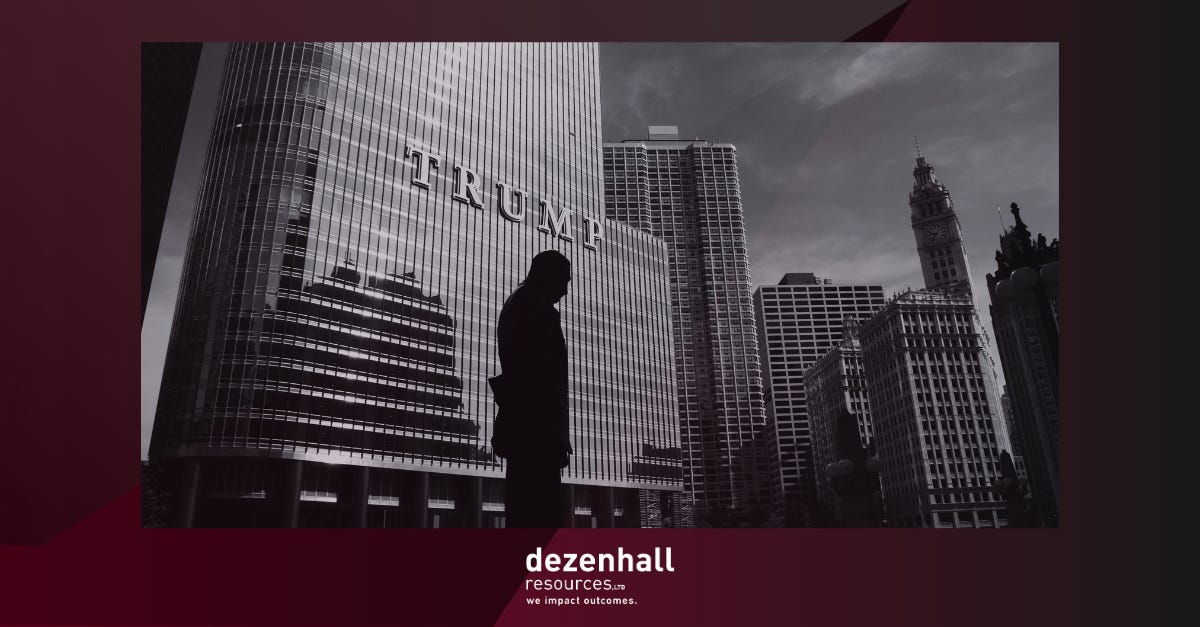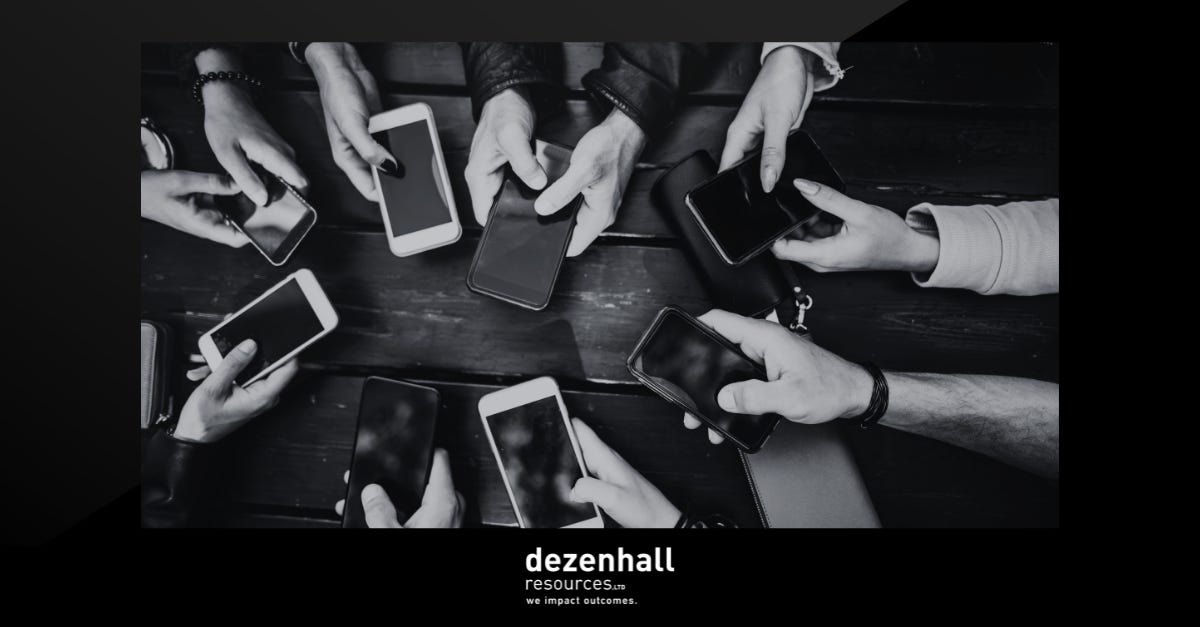Beer and Trump Indictments
“I truly believe it’s the survival of the unfittest these days,” growled Yellowstone’s ranch boss, John Dutton, portrayed by Kevin Costner. TV’s Dutton sees his family’s birthright being absorbed by a world he doesn’t understand — or want to understand. When running for governor of Montana, Dutton campaigns, “I am the opposite of progress. I am the wall it bashes against.”
This may be true in a show business western, but in 2023 America, that wall found himself on the receiving end of a 37-count federal indictment last week. In the eyes of roughly forty percent of Americans, Donald Trump is the real wall, and his indictment only makes it stand taller. That this wall is capped with frothing gargoyles only makes it more beautiful to some, much to the confounding of most people I know.
I’m not one of those confounded. Worried sick, yes. Surprised, no.
Public opinion battles are not about getting everybody to like or agree with you; they are increasingly about getting people to hate or oppose your enemies. This is what much of Trump’s support is about — people who see their power and the country in which they possessed it is vanishing. I may not care for their deity, but I understand how Trump earned that status. That’s my job.
One illustration of what’s going on is l’affair Bud Light, which leveraged transgender spokesperson Dylan Mulvaney in a minor promotion. Bud’s consumers perceived the endorsement as the same message Dutton, Trump, and their supporters got from the dominant media culture: “I don’t like you.” They heard the same thing as when presidential candidate Hillary Clinton referred to a large swath of the population as a “basket of deplorables.”
“You don’t like us?” Bud Light customers said. “Well, we don’t like you.” Bud Light is getting killed in the marketplace.
A friend and former client at a major brewer told me years ago that beer marketing has never been about the liquid. It’s about social culture: folks at a beach party in swimsuits, at a ball game, or up in the mountains. It’s not a product performance proposition like fuel efficiency. It’s about how the product makes you feel, much of that feeling anchored in camaraderie.
Our political and digital climate has brought us to a point where a variation on Newton’s third law is our operating principle: For every action on one side of the political spectrum, the other side will fire one back at you harder. Mulvaney may be a great spokesperson for something, but not for Bud Light any more than American consumers needed to be schooled by a Kardashianoid about racial tolerance when she handed a Pepsi to a police officer in a commercial.
At a recent Kid Rock concert, a giant image of a beaming Mulvaney holding a can of Bud Light flashed onto a screen, and the packed arena erupted in outrage. An equal and opposite reaction? Perhaps not equal, but definitely opposite — and scary and unsurprising. Sure, Trump (allegedly) bogarted classified documents, but he did it for…the people. So goes the upshot in Sir Isaac Newton’s America.
Our cultural balkanization has too many companies thinking with their tribal instincts only. In corporate America’s past, you might be a liberal or conservative, but if you were selling beer, you were selling beer. Make no mistake, 80 percent of the “woke” corporate communications are about the personal agendas of the cohort of people who inhabit their employer’s advertising, PR and marketing functions who falsely position these agendas as being “What’s best for the company.”
Another 10 percent is motivated by pre-empting an employee revolution through palliative rhetoric. You’ve heard the elixirs: transparency, diversity, sustainability, inclusiveness, corporate social responsibility, authenticity, and ESG. Never mind the often-important meaning of these terms; say the words, and your blood pressure drops slightly because the messages are soft, “I like you” and “We’re of the right tribe.”
And, yes, the final 10 percent of corporate woke-ery is a legitimate attempt to game the marketplace with a great big “I like you,” as it should be. After all, you’re supposed to like your customers, as Nike demonstrates when it supports Colin Kaepernick. And good for them.
As we await the first post-indictment shot to be fired by a Proud Boy — and it will happen — think about this: Anti-labor conservative Ronald Reagan won the Teamsters’ support in 1980 by sidestepping policy in favor of embracing Teamsters culture — flag-waving, gun-toting, apple pie-eating, cowboy hat-wearing workers of America. Reagan liked them, and labor liked him back. Bill Clinton did the same kind of thing, never having been the leftist his opponents painted him. Clinton was everything to everybody, lest we forget that leading feminists during the height of the Lewinsky scandal cried, “It’s just sex,” some publicly offering, uh, details, about their attraction to the catnippy Clinton. Still, a few years later, they understandably coalesced around the overdue #MeToo movement, which I wrongly predicted the Lewinsky scandal would have triggered.
One explanation for why reprehensible leaders get support is the “terror management theory,” which dictates we will support someone who protects us from death and other horrors. I once asked a former KGB agent why he never had an unkind word to say about the genocidal Joseph Stalin. He shrugged and said, “Hitler. Hitler invaded our country. Stalin fought Hitler.” Boom.
Stalin may not have liked his people, but it’s safe to say he hated Hitler, and that’s what drove much of his support, combined with the Soviets’ fears of having their whole family massacred.
That many of us are outraged about what Trump gets away with is beside the point. His supporters believe he is protecting them from extinction and that the law being applied to him was authored by their executioners — an elite cohort that hates them. Their counter to Trump’s indictment, of course, is “Hunter Biden’s laptop,” a legitimate line of inquiry despite its lack of proportionality. But if it weren’t “Hunter Biden’s laptop,” it could just as easily be “Dylan Mulvaney’s pantyhose,” a tribal synonym for “You hate me so I’m gonna hate you back. Hard.”
“They got him this time,” a friend emailed me last week after Trump’s latest indictment.
I emailed back, “You’ve been saying this since 2015. I’ve learned two things after four decades in the crisis management business: One is that you can’t separate any charge from the climate in which it occurs, including legal charges.”
“What’s the second thing?”
“Luck matters. And Trump has more of it than anybody who ever lived.”
I said after the 2020 election, we’re at the beginning of the beginning. I’m doubling down.



